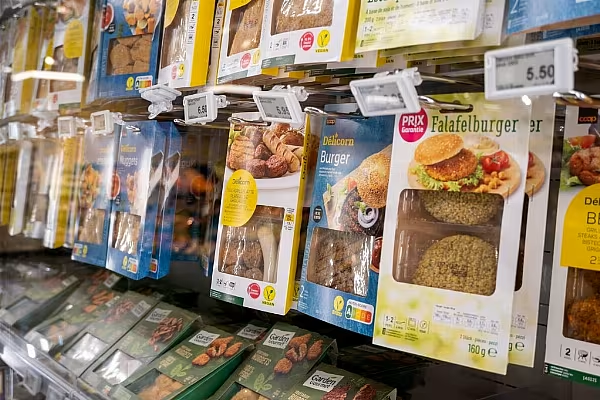Plant-based meat substitutes are under pressure as consumers are dropping out, producers are scaling down production, and supermarkets are reducing supply, according to new research from Rabobank.
Sales of plant-based meat substitutes in the United States and the United Kingdom have declined sharply in the past year and a half, the data showed.
In the Netherlands, supermarket sales in the category are under pressure, as sales volumes fell by 2.5% last year, despite the price of meat substitutes not increasing as fast as that of meat.
Challenges
Respect for animal welfare has driven demand for plant-based meat substitutes, but taste takes precedence, the study suggests.
In addition, price, natural and recognisable ingredients, health and variety are also essential to sell a product, Rabobank noted.
At the moment, many meat substitutes are not that far advanced, and the market is now coming to that realisation, it added.
The research showed that it is much more difficult to get consumers to swap a typical meat product, like a steak or hamburger, for a plant-based variant, than it is to add minced veg to a frozen lasagne, or replace the chicken in a chicken nugget.
Moreover, as meat substitute makers add more and more ingredients to make their products mimic meat, the resultant 'ultra-processed' product raises health concerns among consumers.
Read More: Beyond Meat Cuts Annual Revenue Forecast As Demand Dips
Consolidation Of Brands
Rabobank said that it expects further consolidation of brands, range and production capacity among players in the plant-based meat substitutes category.
Meat substitute producers have invested a lot in setting up new capacity, launching new brands and expanding supermarket presence following high growth expectations, Rabobank said.
Currently, producers are reconsidering their capacity needs and supermarkets are considering using less shelf space for meat substitutes.
Producers like Samworth Brothers and Nestlé are pulling out of the plant-based meat substitute market. In the Netherlands, the first brands are starting to disappear from supermarket shelves.
There are too many different brands and products to choose from and ranges will need to be rationalised to enable consumers to make better purchase decisions, Rabobank added.














